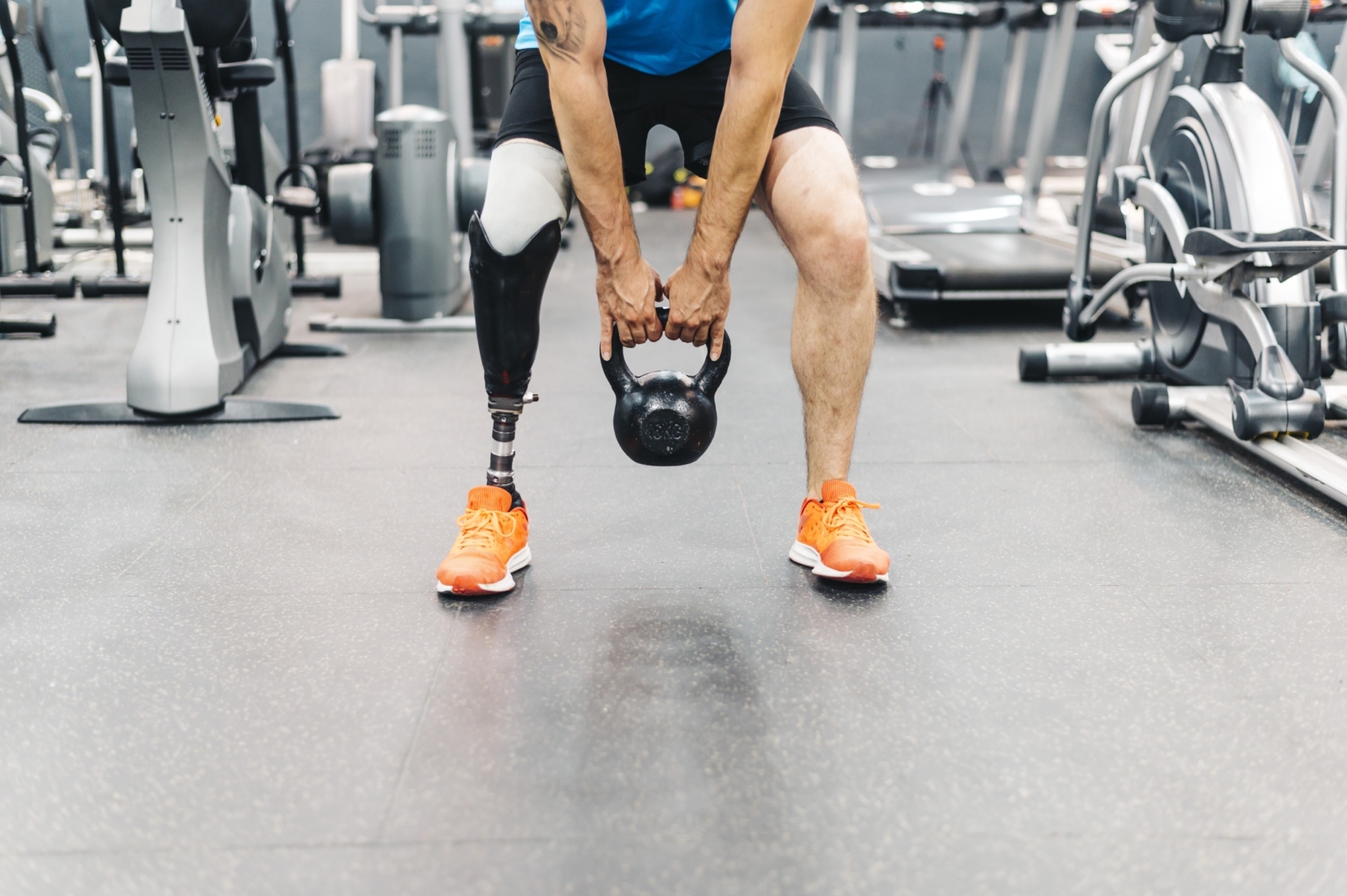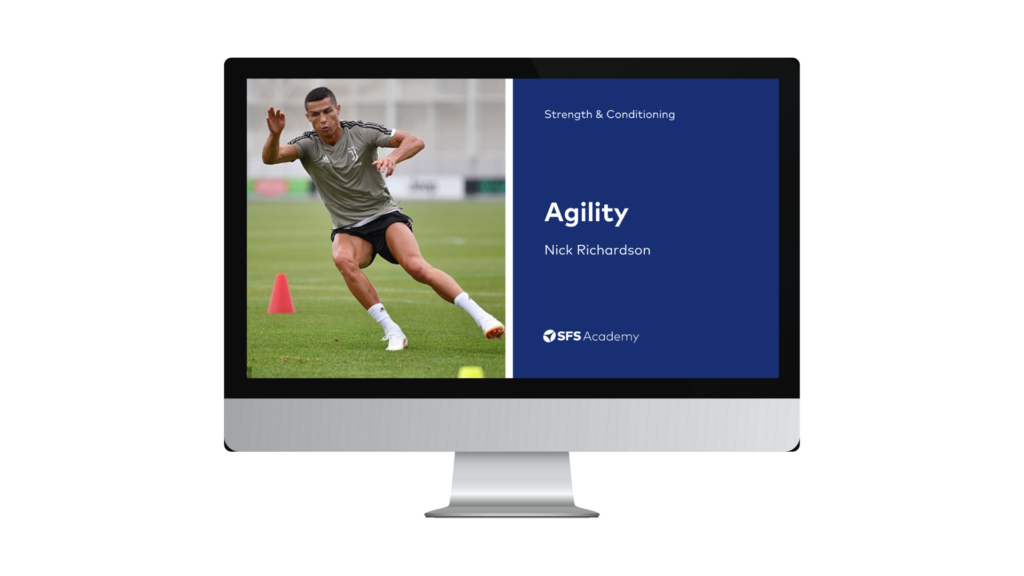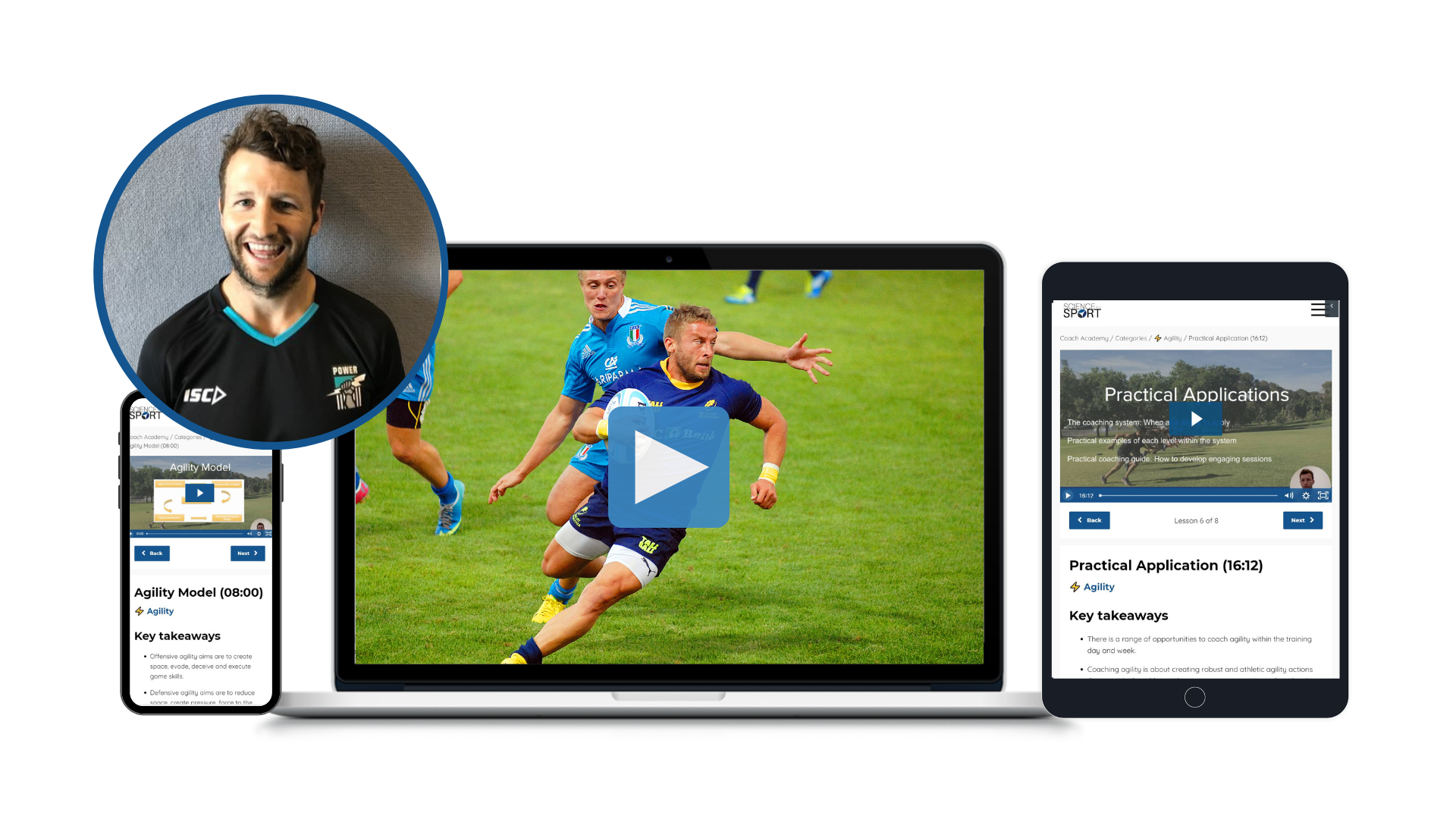Paralympic athletes can teach able-bodied athletes key lessons about the training process, including how to use injuries as a time to make massive physical gains, how to adjust exercises to suit individuals, and how to work together with coaches to get the most out of training.
What can we learn from Paralympic athletes?
Paralympians take superhuman to the next level. What is more elite than being able to outrun the world on blades? …. I’ll wait.
Last year’s Tokyo Paralympics brought us a feast of unbelievable sporting feats, from dramatic comebacks to mind-blowing world records, but what can the everyday athlete learn from the world’s best Paralympians?
As a strength and conditioning coach for the Dutch Olympic team, specialising in Paralympic sport, I am fortunate to have worked with a few of the world’s best, and I think there are three key lessons any athlete can learn from these world-beaters, and no, it’s not perseverance or motivation. If you are interested in the latter, check out episode 81 of the Science for Sport Podcast.
Firstly, it’s important to state that although the way Paralympians train might seem a world apart from the way most able-bodied athletes do, it’s not. They are getting up early, lifting weights, going to practice, getting their conditioning in, eating well, and might even be studying on the side. So if they are so similar, where specifically can you learn from their example?
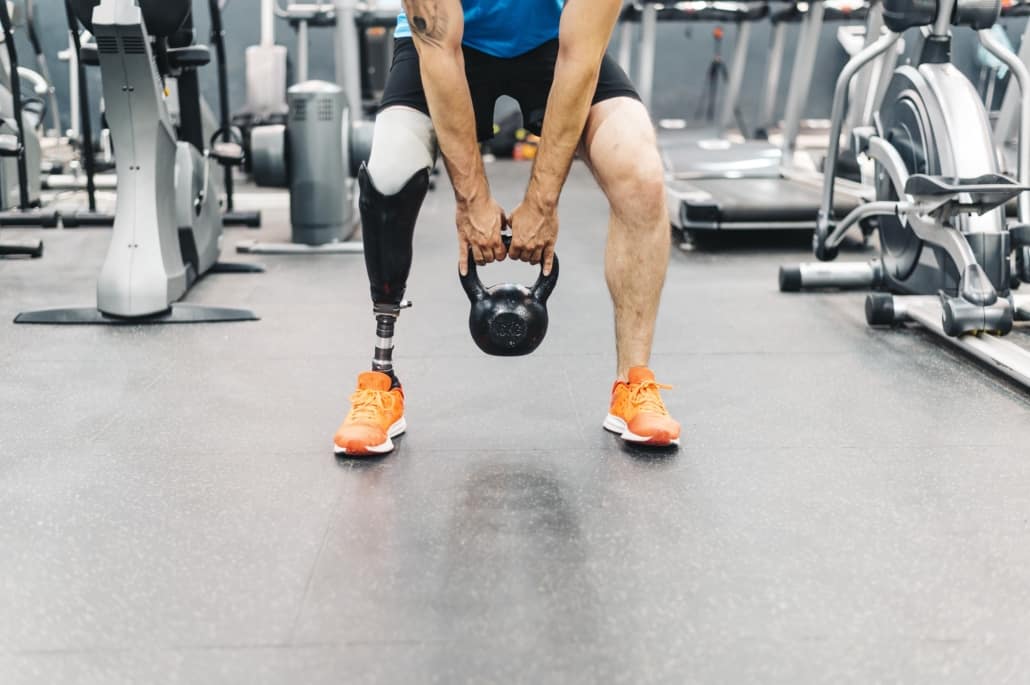
1. Never regret an injury
When you get injured, which you will (sorry to be the bearer of bad news), you need to know how to keep your fitness levels up. In fact, top athletes will be using the time during an injury to work on aspects of physical fitness they normally wouldn’t be able to train.
This idea becomes clear when we look at Paralympians. Most Paralympians won’t be able to train in the same way as their able-bodied counterparts, which means some areas of their fitness training need to be adjusted or even stopped altogether.
This adjustment means there are opportunities in other areas. Let’s say a Paralympian is unable to use their lower body – this gives the athlete far more time and energy to invest in training their upper body, and this can lead to some amazing adaptations. For reference, check out the physiques of some of the world’s top wheelchair basketball athletes, or you can listen to how they train in episode 73 of the Science for Sport Podcast with Mariska ‘The Beast’ Beijer.
Using this same logic, able-bodied athletes who are injured could be investing their precious time and energy into improving other areas of their fitness, which they wouldn’t otherwise have been able to train. An example might be a football player (or ‘soccer player’ to anyone who thinks a World Series can be held in only one nation) who has an injury. Instead of sitting on the sofa watching Netflix and moaning that their teammates are out there having fun and working hard at training, the footballer could be working on increasing muscle mass, strength, or aerobic capacity, all of which are tough to train optimally when you’re rammed full with games.
So, lesson one is to make the most out of your injured periods, and see opportunity in even the most frustrating situations. But Matt, I hear you cry – I got injured and I can’t train properly. Don’t worry, I’ve got you covered, you just need to adjust your exercises.
2. Always pick the best exercises
Have you ever been performing an exercise and thought ‘this doesn’t feel right for me’? Well the chances are there is a much better option out there for you, but society tells you that, for example, you need to squat and deadlift, so you carry on.
One of the biggest lessons you can learn from adaptive athletes is there are always alternative exercise options which will still get you great results. You shouldn’t be married to one exercise or one method – if you or your coach are, it’s a red flag.
Paralympians will often need adjusted exercises, whether that’s because they have a prosthetic leg and can’t do a bilateral back squat, or they are unable to use their hand to grab a dumbbell. Adjusting the exercise to suit the person is crucial to get the necessary adaptation.
Taking the example of an athlete with a single leg amputation – they might be better served by splitting their leg exercises into two unilateral (single sided) variations, as opposed to one bilateral (both sided) version. This means each leg individually gets the stimulus which it needs to progress.
Taking this philosophy and applying it to an able-bodied athlete could be quite simple. Let’s take a 210cm basketball player who hates bilateral back squats. Most likely this is a combination of poor ankle mobility and comically long upper legs. There is no police force coming to arrest you if you chose a different squat, so using a unilateral version instead might make things easier, as you no longer have to rely on ankle mobility to hit depth. The result is the athlete can squat more comfortably, and still get the required adaptation.
Another example might be an athlete who has an injured hand – they may still be able to load the arm, but at the wrist. In this instance, they may want to attach a cable at the wrist to perform any number of shoulder or elbow-based exercises.
The list of exercise adaptations is endless, but the key thing to remember is there is always a way to get the adaptation you want – sometimes it just means a different exercise or setup.
But Matt, I again hear you cry, this is difficult, and I could probably use some help thinking of the exercises I need to adjust. Read on dear friend, I’ve still got you.
3. Teamwork makes the dream work
This is the biggest lesson – no matter who you are or how you are training, working together with your coaches will help you to take your performance to the next level.
Making the time to speak directly with your coach will help them to understand you better, and also help you contribute to your program, which can be highly motivational. It allows you to take ownership and responsibility, and ultimately this can lead to better results.
When working with Paralympians, it’s safe to say most of the time they know their bodies better than their coaches. This means, when it comes to making a program for them, working together is essential if you want the best outcome.
You could be in the same boat – ultimately you know your body better than anyone else. Your coach needs to ask you the right questions so they provide you with the best possible training plan.
You may also have important knowledge that your coach doesn’t yet know. For example, some exercises might always cause you pain or irritation – this is important to share with the coach who can make the necessary adjustments.
In practice, this means sitting together and discussing the goals of the athlete and the coach, before getting into the nitty-gritty of exercise selection and adjustment. During the discussion, the athlete might describe preferred exercises, or methods they’ve tried before and how they perceive their training. The coach is then able to match this to the physical adaptation they are looking to achieve, and together you can make a training program where the sum is greater than the individual parts.
This works particularly well with increasingly experienced athletes, who have a good perception of their body and their training. With experienced athletes, these planning sessions can become more of a negotiation than anything else. This was particularly clear during our preparations for the Tokyo 2020 Paralympics. In this instance, I sat with some athletes to negotiate the volume, load, and exercises in the sessions. The athletes wanted to do more, and it was my job to hit the sweet spot between optimal physical and optimal mental preparation.
With time, these discussions allow the athlete to get skilled-up and educated enough to have more and more influence on their program; ultimately the coach becomes a consultant, and both athlete and coach work together as a team to achieve their shared goals.
So if you want to get the best out of yourself, you’ll need to get the best out of your coach too – it’s likely that together you will make a far more effective program than as individuals.
Putting knowledge into action
Paralympians can teach able-bodied athletes a tonne of great lessons – the list is far longer than just these three. However, if you want to get the most out of your training, these three lessons can be a fantastic starting place.
The general theme of these lessons is to make the training sessions, where you invest all your time and effort, as individual as necessary to reach your true potential. Note, I am not saying every exercise needs to be individualised to the athlete. However, it is often the case with more advanced athletes that increasingly specific stimuli are necessary to optimise their performance.
For coaches, this means creating an environment where this level of attention to detail is possible – for example by setting aside time to sit one-on-one with your athletes, or by creating training systems to speed up the training prescription process.
For athletes, it means asking for enough of your coach’s time to get the results you need, getting to know your body as well as possible, and staying critical when it comes to the training methods you undertake. Of course for athletes with fewer resources, this may mean you have to do a lot of the hard work yourself – athletes at all levels can keep asking the questions ‘why am I doing this?’ and ‘is it making me better?’ – whether you ask these to yourself or a coach may depend on the level of sport you are playing.
If you don’t have access to a crack team of sport scientists or strength & conditioning coaches, you might want to consider taking some simple steps. It would be good to develop a big list of exercises in your locker – practicing more exercises means that when you need to adjust, you’ll have a quick alternative.
For those without a large exercise library stashed away in their brains, you can ask yourself an easy question: ‘could I hold this differently’? This can be applied to pretty much any exercise which uses equipment like a barbell, dumbbell, or cable. One example might be for an athlete who is unable to press overhead (like a dumbbell shoulder press), due to pain or lack of mobility – replacing this with a landmine press could allow the athlete to keep developing their shoulders, without pain or discomfort.
As you can see, exploring your movement options by questioning whether you can achieve a similar result while using a different method, could be a game-changer when you need to adjust your training.
Some final thoughts
Paralympic athletes can teach able-bodied athletes key lessons about the training process, including how to use injuries as a time to make massive physical gains, how to adjust exercises to suit the individual athlete, and how to work together with coaches to get the most out of your training.
The application of these lessons can help any athlete reach their maximum potential.
